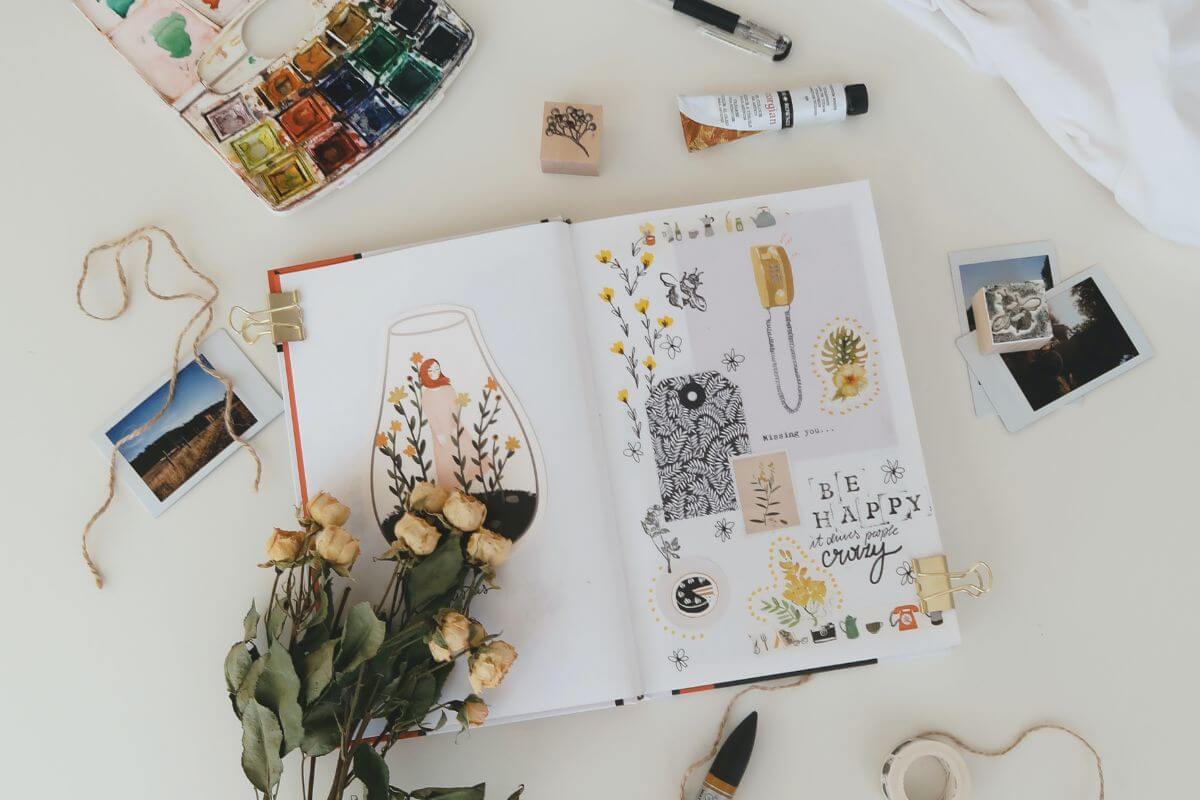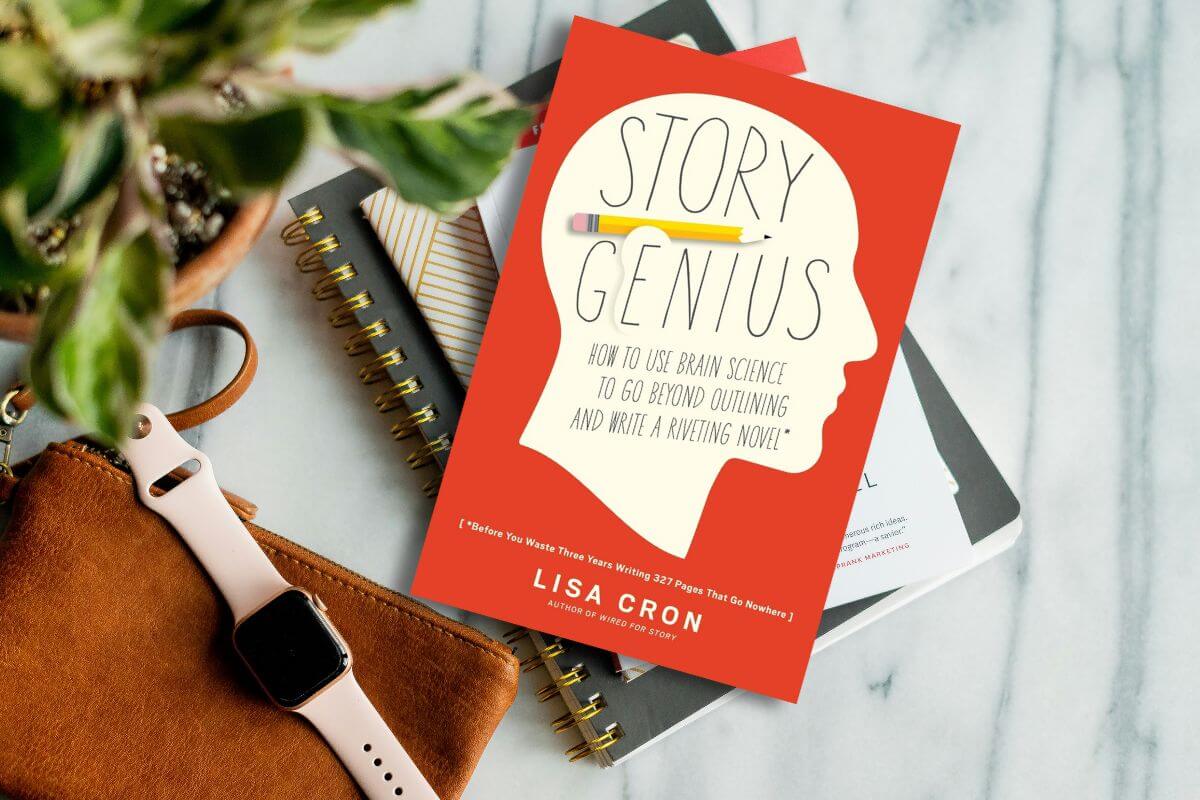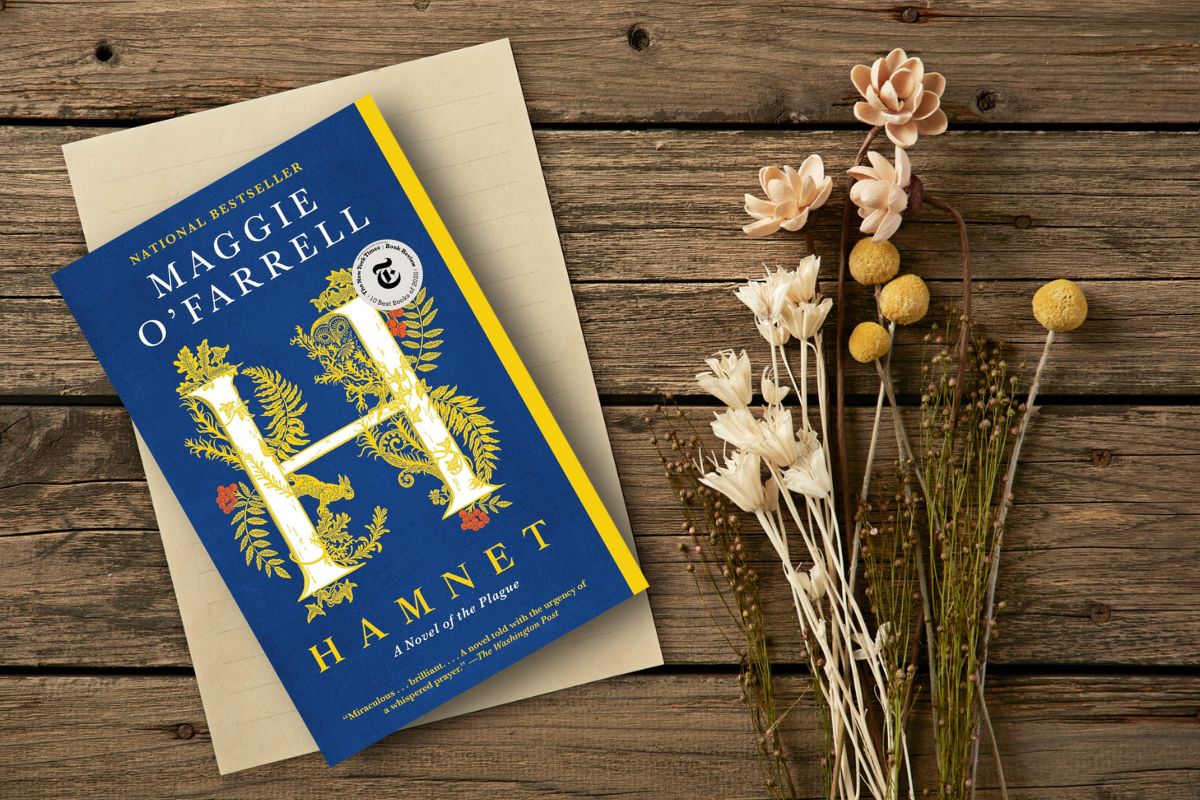Guest post by Hollie Jones
Vision board. It’s a weighty name for what’s a fairly simple utility: a collage of materials pinned, glued or taped to a board that you’re using as a gathering place for inspiration. Whenever you spot something that resonates with you, up it goes, all to help you achieve your goals.
Does that sound a little too wishy-washy for your liking? It shouldn’t. Vision boards shine in specific situations, and they’re particularly powerful tools for aspiring writers. But don’t take my word for it. Instead, allow me to explain what makes them so useful:
They allow you to zone out productively
Enforced through suitable timers, the Pomodoro Technique has become a staple of the digital media world. It advocates for working in fixed-term bursts: get something done, take a break, rinse and repeat. Regardless of how you view it, it’s tough to argue with the underlying suggestion that we’re not well-suited to working for hours on end.
But what do you do when your eyes glaze over and the dialogue in your mind dries up? You could take a nap, but that might leave you sleepier. You could eat, but you might upset your stomach and ruin the rest of your day. So you simply zone out and let your gaze wander.
With a vision board, you can forget about spending that time browsing the internet or watching TV. You can spend it looking at all the snippets you’ve collected to keep you on the right path. Let your subconscious wash over it yet again, and when you return to the task at hand, you can at least feel that you got some use out of the break.
They help you focus on overarching themes
It’s easy to get bogged down in minutiae as a developing writer. You’re in the middle of a tricky chapter, the antagonist makes a startling appearance, and then… what happens? You want them to issue a serious threat, but you can’t come up with the right words. You start to agonize over it. Are they cold? Heated? Indifferent? Malevolent?
It’s important to you that they’re optimally manipulative, so before you know it, an entire day has gone by without producing any meaningful progress. You couldn’t move past that minor issue, so you threw yourself against it for hours, only ever making it harder to gauge the usefulness of your potential solutions.
But a vision board stands as an encapsulation of the themes you’re pursuing (at least, assuming it’s a vision board with meaning and intention). The genres you love, the characters you wish you could have written, and the imagery that captivates you. Not only can this help you get back to the core of the character you’re struggling with, but it can also make it easier to let that issue go, continue with the story, and return to it at a later date when you’re feeling refreshed.
They remind you of what you’re aiming for
What makes you want to be a great writer? Maybe (most likely) you read a particular book at one point, and it opened your eyes to what’s possible through the written word. Alternatively, it might have been someone you know — a friend or family member, probably — who recognized your potential and decided to nurture it (ideally without being pushy).
Regardless, your eagerness to write didn’t emerge out of anywhere. There’s certainly something motivating you beyond idle curiosity, as well as goals you want to reach (e.g. creating a fictional world, being published, building a series, etc.).
When you’re feeling creatively tapped-out, or worn down by the grind that every seasoned writer accepts as part of the process, it pays to think back to what motivates you. Having it visually prominent through your vision board is a huge help. Glance at it when you’re losing the will to continue, and you might find enough of a boost to return to your keyboard.
You don’t need to believe in the power of positivity to use a vision board effectively. It’s a great tool for keeping your inspiration clear and present, which can be invaluable when you’re struggling with your writing and need to return to the root of your drive.














Leave A Comment